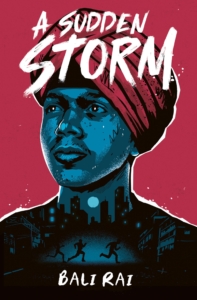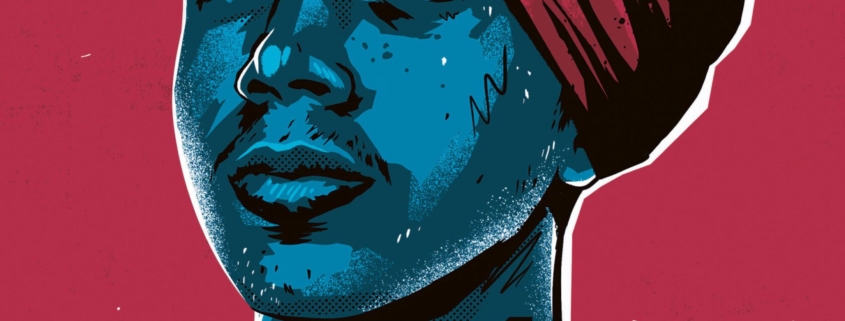Who Do We Care About by Bali Rai
Bali Rai has written a passionate piece for us today about the the greater need for empathy and representation in books for children and teens. Aptly titled; Who do we care about? You may find yourself nodding along to his statements.

Who Do We Care About?
There are many reasons why representation matters in books for children and teenagers. We can talk about youngsters seeing themselves, and their lives, within books. We can point to equality, or encouraging more people from non-white backgrounds to read. All things that are vitally important. I’ve spent over two decades arguing for greater diversity and representation in children’s and teenage publishing. And, although things are improving, we still have a long way to go.
However, for me, there is another reason that is even more critical. Empathy. Who are we reading about? Who do we care about? When the vast majority of protagonists in books are from one racial background, and from middle class, upper class, or well-educated backgrounds, we see an imbalance in empathy instilled through the written word. Let me be more precise…
World War One poetry (important and vital as it is) gives us only white protagonists. Yet, a vast number of those who gave service were non white. On Remembrance Day, given the creation and reinforcement of greater empathy from reading those poems, who will a British-educated child have empathy with? Who will they remember? Non-white, Empire subjects go mostly unrecognised. This is obviously wrong.
Let’s take The Famous Five, The Narnia stories, Harry Potter, various diary series and the rest of the big sellers and so-called “classics” past or present. Yet again, we see the same faces, the same voices, the same cultural, social and moral frameworks. British children of all races gain greater empathy for the protagonists in these stories. But what about the non-white, the poor, those who don’t fit within society’s supposed mainstream? Sure, some of the books named above throw in sidekicks and best friends who come from underrepresented backgrounds, but that’s usually all they are – asides. Or tired, misunderstood and offensive stereotypes in books that sell in huge amounts.
As our empathy for mainstream protagonists is reinforced, the lives, hopes and dreams of others are left behind. Where are the poor (past and present), or our ever-growing underclass in Britain? Where are the empire subjects giving service for Britain in two world wars? Working class women who fought for universal suffrage alongside the rich women we always hear about? Where are the kids forced to steal food to feed their siblings, those that go to school hungry, the street kids pressured into joining gangs, the children who live desperate lives around the world? And on and on…
If the majority of the protagonists are of the same racial and ethnic backgrounds, of similar mindsets, or social status, with similar moral and social and cultural frameworks, they become the humans we most strongly empathise with. What matters to them becomes the most important thing. We don’t gain greater empathy for those who are not like us, or do not live as we do. This creates an imbalance at best. At worst, it becomes a breeding ground for misunderstanding, prejudice and hatred.




